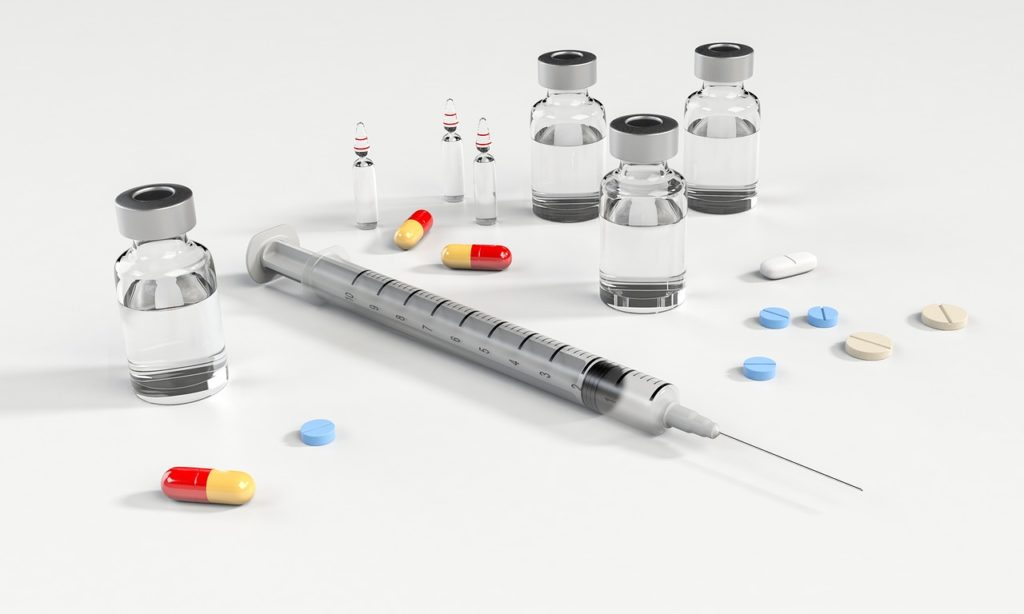
Although the opioid epidemic is attracting more attention, there is another epidemic in America, methamphetamine abuse. Methamphetamine (Meth) is an inexpensive drug that can be smoked, snorted or injected. It is made in a chemical reaction involving a common cold medicine. Most Meth, however, is imported from Mexico. Meth is extremely addicting. Even casual use can lead to rapid addiction.
Once ingested/injected/snorted, Meth travels to the brain and stimulates the reward center leading to a rapid “high”. This is short lived and as the user comes down, they crave more drug.
The cardiovascular (heart and lung) effects of Meth are very pronounced. It leads to immediate increases in heart rate and blood pressure. Severe hypertension can lead to stroke and heart attack. Irregular heart rhythms are common. Prolonged use causes toxicity to the heart and can lead to irreversible heart failure. In other users, Meth leads to severe pulmonary arterial hypertension. The drug is directly toxic to the pulmonary arteries causing intense vasoconstriction (squeezing of the pulmonary arteries). Prolonged use leads to all of the classic changes of PAH. The pulmonary arteries become thick and stiff. The right ventricle stops pumping, effectively causing heart failure and eventually patients develop liver and kidney failure as well.
Many patients are embarrassed or ashamed about their drug use. This can lead to delays in obtaining help or getting clean. Detox programs are effective but require a motivated patient and supportive family. First, the patient must decide that they are ready to kick the habit. Next they should have an honest discussion with their family and doctors. Enlist the help of a program such as a 12-step program. Perhaps the most important thing in getting clean is getting new friends. Lose the phone numbers of your old friends. These are the people that will drag you back into drug abuse. Avoid situations where other people will be using. If you had a drinking problem, hanging out in a bar would be a bad plan. The same goes for Meth. Avoid parties or hanging out with friends that have drug problems.
Be honest with your doctor. I have been to the rodeo too many times. My patients may think that I don’t know that they are using again but I do and your doctors probably do too. Drug dependence is a medical problem that can be treated. Like any difficult medical problem it requires a motivated patient and the right treatment plan.
There is no way to make your PAH better when you continue to use Meth. You can take all the PAH meds on the market and you will still get worse if you continue to use Meth. Your life will be so much better without Meth.
